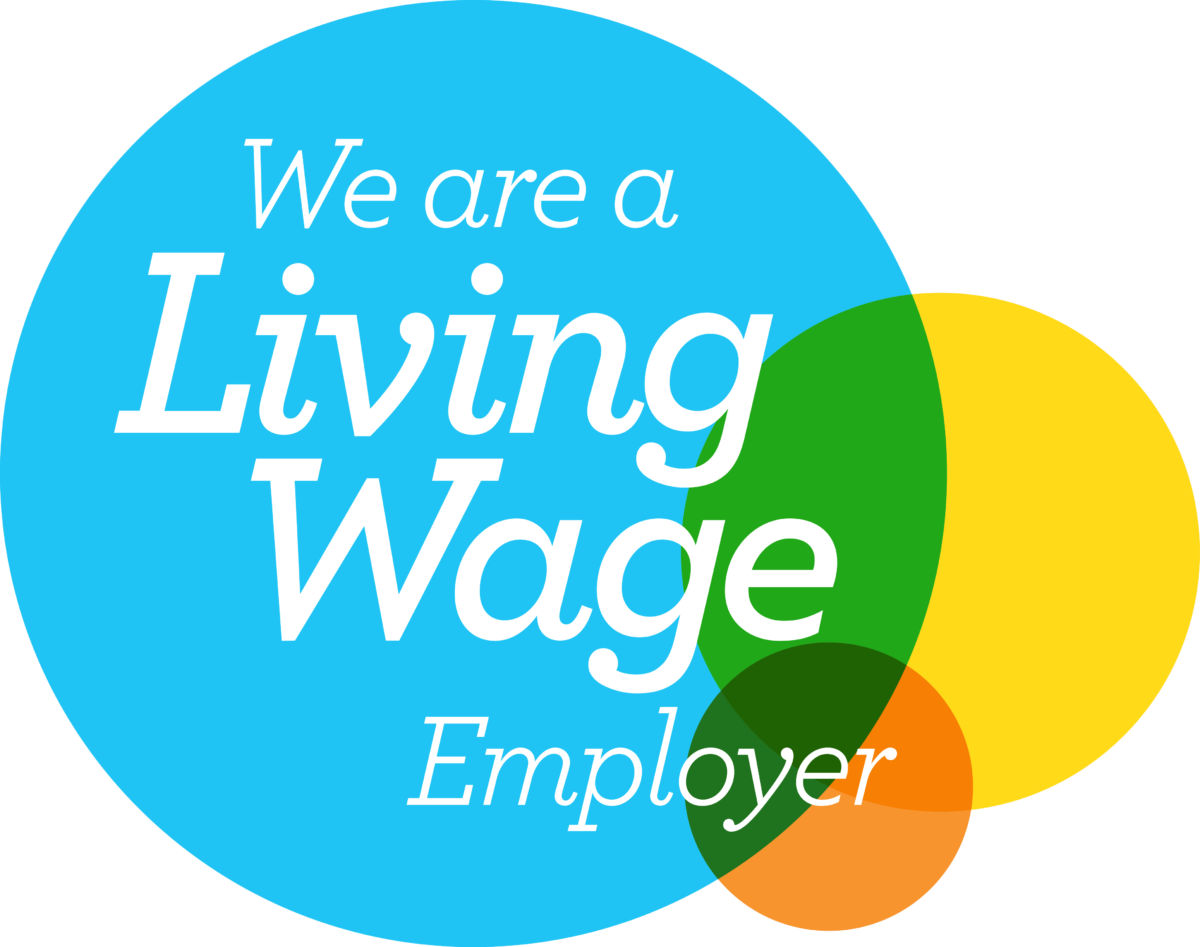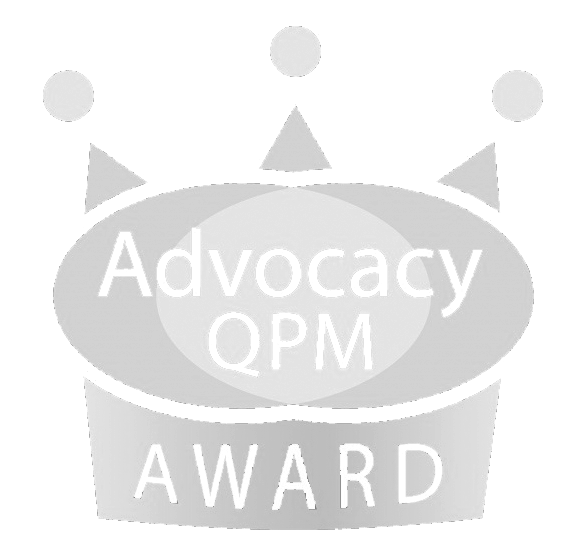What does the Chancellor’s 'Plan for Jobs' mean for us?

The ‘Plan for Jobs’ financial support announced yesterday by Chancellor Rishi Sunak was very welcome indeed and had some positive points for the voluntary and community sector. The announcements are part of the ‘second phase’ of dealing with the economic crisis caused by the pandemic, and the plan is to protect, support and create jobs before a ‘rebuilding and levelling up’ third phase at the point of the Autumn Budget and Spending Review.
Most importantly the £18bn that has been promised to local authorities to support recovery from COVID-19 was increased to £50bn. Local authorities in Newcastle and Gateshead have both been vocal about the fact they have spent a huge amount of additional money during the pandemic, and that only a small proportion of this has been paid back by central government to date, despite the early promises to do so. I’m hopeful this will mean that local authorities don’t have to consider further cuts to VCS grants and contracts in the next financial year – but we await the detail of what money goes where across the country.
There were useful measures to support young people into employment, including the kickstart scheme which pays employers to create new jobs for 16 to 25 year olds, and additional money for apprenticeships and traineeships. We know that younger people are more than twice as likely to have lost their jobs during the pandemic – so this is much needed.
A bonus scheme for employers bringing back furloughed staff was announced – employers can claim £1,000 for each member of furloughed staff who is brought back and remains in employment up until at least 31 January 2021, as long as he employee earns at least £520 per month.
Investment into job creation focused on infrastructure and green jobs – including £1bn to retrofit public buildings, £2bn in Green Homes Grants and £50m for projects to decarbonise social housing. We’ll share more about what this investment means locally when we have the details through our seats on the local Climate Emergency forums.
There was a focus on supporting the industries where workers have been hardest hit – including a VAT cut from 20% to 5% on food, accommodation and leisure, lasting up until January 2021.
There is also additional money for the DWP to support the huge number of people now on universal credit to get back to work more quickly, but inevitably the announcements don’t go far enough. We saw how quickly people became hungry during the pandemic – after 10+ years of austerity many people no longer have a buffer. In the face of that the announcements of a cut in stamp duty on properties up to £500,000 looks rather elitist. But we know that house sales keep the economy moving, and overall I am hopeful that stage two is enough to give employers the confidence they need to keep people in jobs.
As we get details of the impact at a local level we will share them, and our Business Services team are happy to answer your questions about the furlough bonus scheme.








